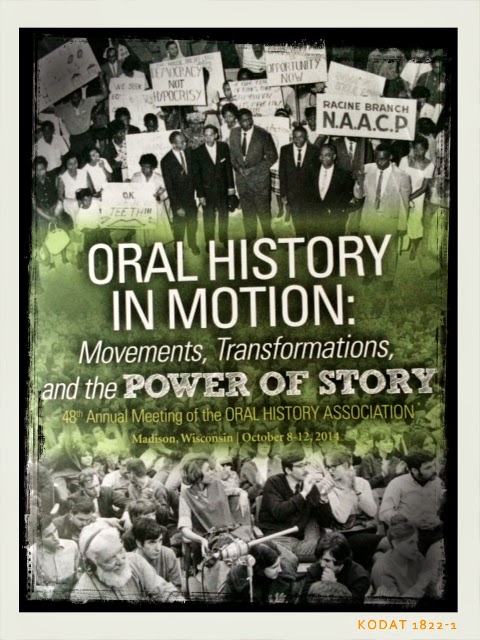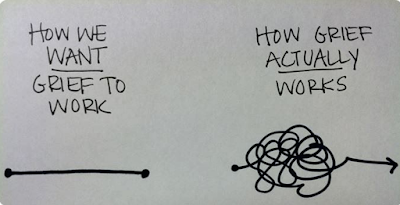Dialogue with Racial Violence - Really?
So, turns out that three first year students from the Ole Miss chapter of the Sigma Phi Epsilon fraternity were probably responsible for defacing the statue of James Meredith on the Ole Miss campus last weekend. The chapter's been indefinitely suspended, but not before it voted to expel the students allegedly responsible for tying a noose around the neck of the statue and enrobing it in a flag emblazoned with the Confederate Battle flag. Their parents must be so proud.
I was happy to see the news. It meant the university had taken the crime seriously, that the $25k reward offered by the Alumni Association rattled some cages and jogged some memories, that the protests and vigils made a difference, that people spoke up about what they'd seen and heard. That people took an act of hatred and transformed it into participatory practice.
But what are the next steps? Local law enforcement officials, for their part, say criminal charges are "unlikely" since the statue was not physically damaged, and the suspects did not appear to be trespassing -- they were students. The university's course of action at this point will proceed through a student and faculty judicial panel.
Not great. But, OK. Then I read the comments from Ole Miss's university spokesman Danny Blanton. Hired in 2012 by his alma mater, Blanton left his position as NATO's public affairs adviser to the Afghan Ministry of Defense to take the post. So I am guessing he knows a little bit about spin. And damage control.
The official spokesperson for the university, Blanton had this to say about the student perpetrators: "We certainly wish they would be forthright and discuss this matter so that we can get to the bottom of it. We want to hear their side. We want to know not just what happened, but why they did it. We want to open a dialogue," he said.
A dialogue? Seriously? Blanton sent a message that takes the very best of our efforts to embrace difference and multiplicity of understanding and experience and reduced them to a joke. He took the language of making space for difference and used it to excuse an act of racial violence. Symbolic violence is violence, people.
I've participated in dialogues. They rely on particular characteristics, namely parity of esteem and a recognition of cultural differences. Since when do we open a public/community dialogue with the perpetrators of violence? Dialogue about the event on campus -- OK, maybe --- create space to interrogate the meaning of what happened, fine. But an open dialogue with racists about why they are racists seems designed to traumatize and marginalize those at whom their violence was aimed in the first place.
I was happy to see the news. It meant the university had taken the crime seriously, that the $25k reward offered by the Alumni Association rattled some cages and jogged some memories, that the protests and vigils made a difference, that people spoke up about what they'd seen and heard. That people took an act of hatred and transformed it into participatory practice.
But what are the next steps? Local law enforcement officials, for their part, say criminal charges are "unlikely" since the statue was not physically damaged, and the suspects did not appear to be trespassing -- they were students. The university's course of action at this point will proceed through a student and faculty judicial panel.
Not great. But, OK. Then I read the comments from Ole Miss's university spokesman Danny Blanton. Hired in 2012 by his alma mater, Blanton left his position as NATO's public affairs adviser to the Afghan Ministry of Defense to take the post. So I am guessing he knows a little bit about spin. And damage control.
The official spokesperson for the university, Blanton had this to say about the student perpetrators: "We certainly wish they would be forthright and discuss this matter so that we can get to the bottom of it. We want to hear their side. We want to know not just what happened, but why they did it. We want to open a dialogue," he said.
I've participated in dialogues. They rely on particular characteristics, namely parity of esteem and a recognition of cultural differences. Since when do we open a public/community dialogue with the perpetrators of violence? Dialogue about the event on campus -- OK, maybe --- create space to interrogate the meaning of what happened, fine. But an open dialogue with racists about why they are racists seems designed to traumatize and marginalize those at whom their violence was aimed in the first place.









This story appeared the same week that the Georgia Department of Revenue approved a novelty license plate which displays the Confederate flag and which is intended to be sold to members of the Sons of the Confederacy. I am quite confident that the university investigation, conducted with the promised forthright dialogue, will yield a result which attributes the perpetration of this event to an admixture of youthful indiscretion, fraternity pranking, and alcohol. Perhaps an investigation of the reason behind Georgia's decision to approve a Confederate flag license plate might make for a more fruitful field of study. U.S. Supreme Court Justice Robert Jackson once said that the Constitution is not a suicide pact. How far an individual U.S. state may proceed in perpetuating a treasonous symbol which the Confederate flag has been for 153 years might make for an interesting constitutional law argument but an examination of the effect of this state-sponsored perpetuation might provide some of the reasons being sought by the Ole Miss administration.
ReplyDelete